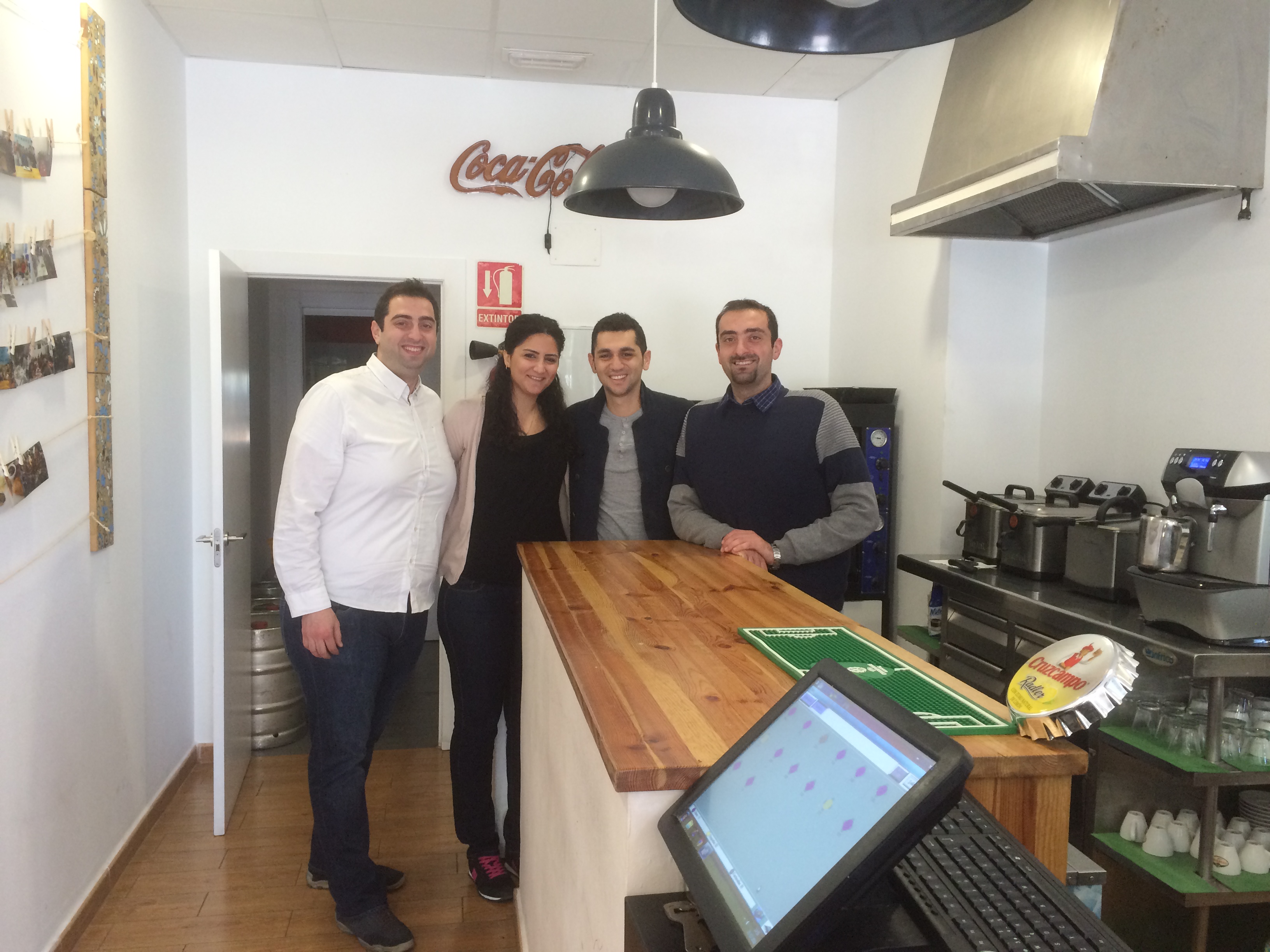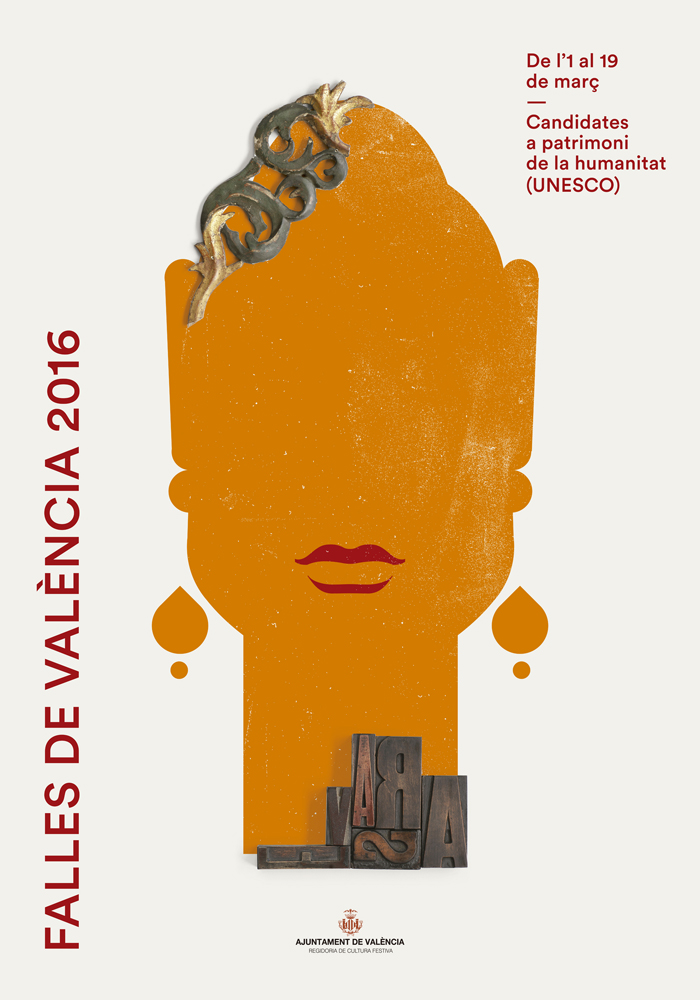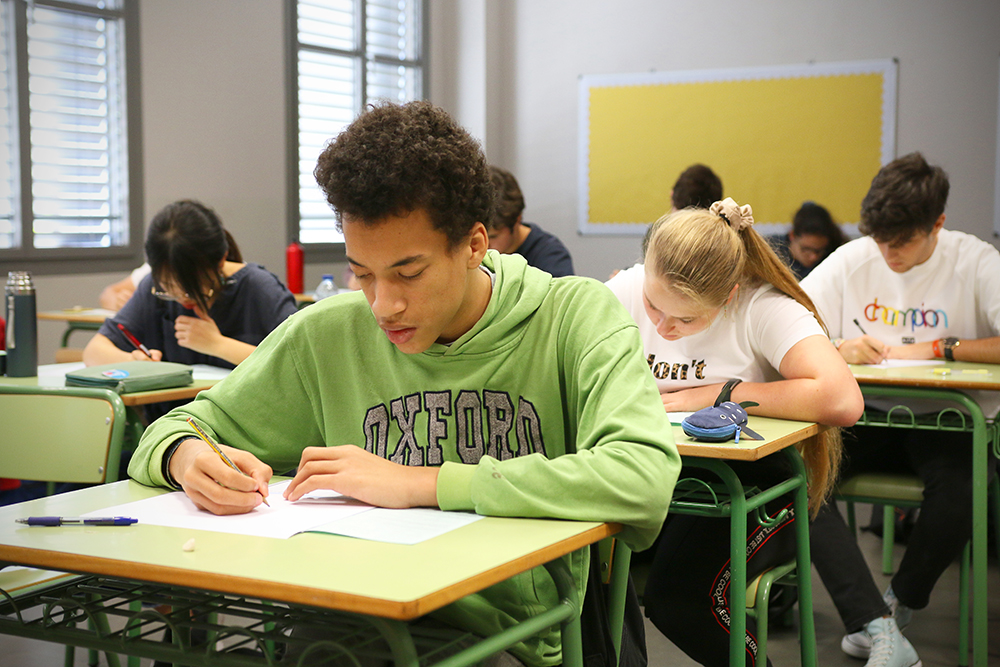Valencian Help for Prosthesis Users
IBV is researching portable technologies to follow up patients with knee prosthesis.

- A clinical study is underway at the Hospital General Universitario de Valencia that will monitor 30 patients for a year after their operation
- It is part of the Outcomes project being developed by the Institute of Biomechanics, and the results will be applicable to other pathologies
Knowing how the implantation of a knee prosthesis in a patient works in an objective, remote and non-invasive way, through portable devices, is one of the objectives of the Outcomes project being developed by the Institute of Biomechanics (IBV).

This precise, remote knowledge of a person’s functional and physiological state after undergoing this intervention “will make it possible to carry out personalised rehabilitation treatments, as well as to detect problems early on”, as explained by the IBV’s director of innovation in Biomechanical Assessment, David Garrido.
To date, a clinical study has been carried out at the Hospital General Universitario de Valencia, which has allowed 23 patients to be monitored. During the monitoring, proven laboratory technologies have been used in the IBV’s biomechanical functional analysis area, as well as new portable and mobile technologies.
Likewise, the Outcomes project, is “an example of how hospitals want to collaborate in a research project despite the pressure generated by the pandemic”, adds David Garrido.
For doctors and hospitals, the Outcomes project is an advantage for the early detection of problems in patients. This tool will also allow hospital economic management departments to study the effectiveness of interventions and treatments based on costs.
This will contribute to significantly improve the use of health resources and favour the definition of new and more sustainable care processes in the Valencian Community.
Likewise, the benefits of this project will have repercussions on knee prosthesis manufacturing companies, as thanks to this study they will be able to obtain objective clinical information on the operation of their products.
Different entities of reference in the orthopaedic surgery sector in the Valencian Community have collaborated in the development of this initiative, specifically SURGIVAL and IMA have participated in feasibility studies for the implementation of results in their own reality and possible applications in the field of orthoses have been explored together with ORTHOPEDICS MOLLÁ.
This project opens the door to cover the needs of manufacturers derived from the new European Regulation on medical devices (EU) 2017/74, which came into force last May. This ordinance aims to strengthen the requirements and controls that products must meet in order to be placed on the market and to guarantee the safety of European citizens through the introduction of a rigorous post-marketing surveillance system.
The results of the project will enable manufacturers to respond objectively and easily to the requirement to actively and systematically collect and analyse data on the quality, performance and safety of their products throughout their life cycle.






Recent Comments